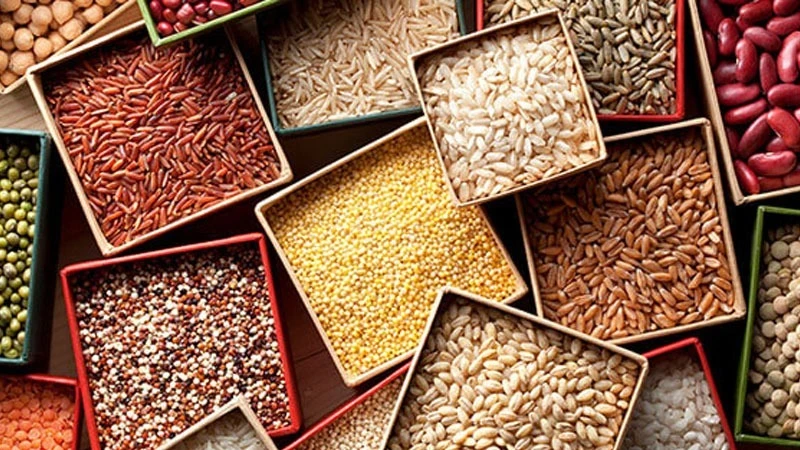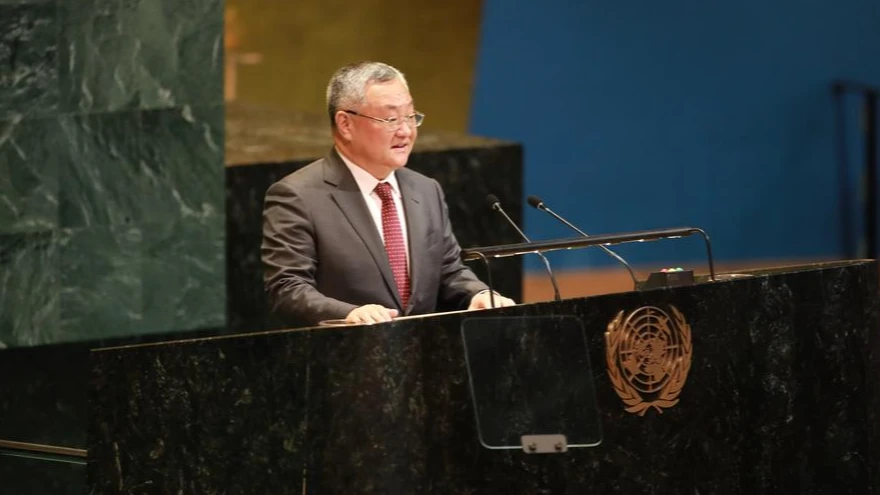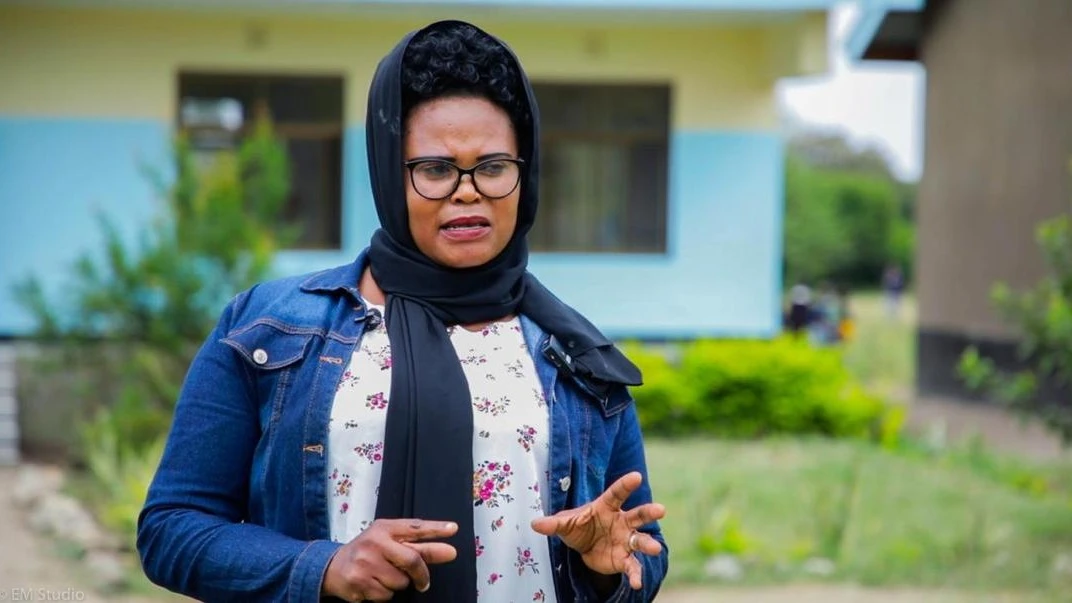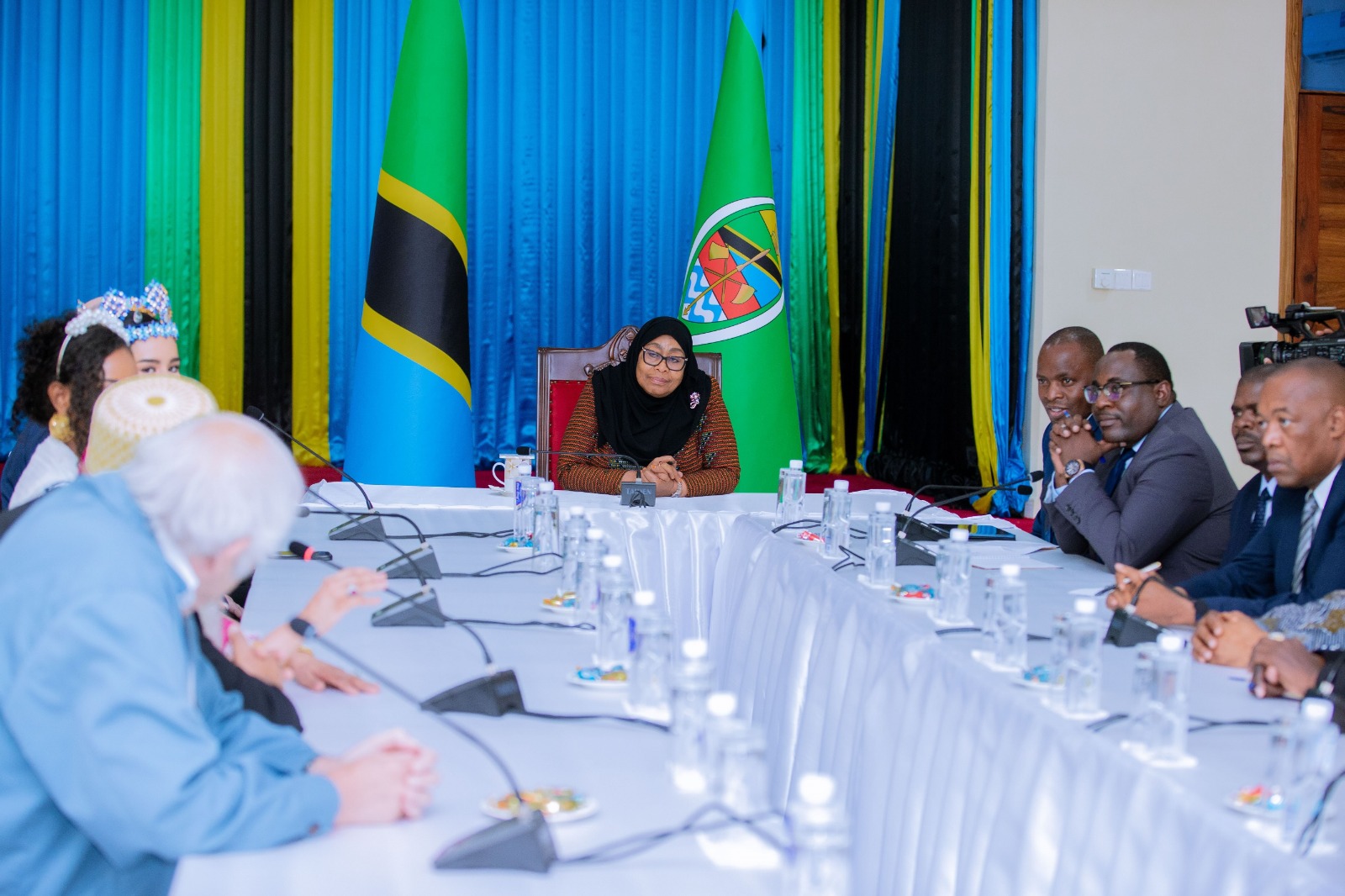Tanzania hailed for using indigenous seed varieties to ensure food security

TANZANIA has been lauded as a pioneering African nation for its groundbreaking national strategy that officially recognizes and protects indigenous seed varieties, a critical step towards ensuring long-term food security. This praise follows Agriculture Minister Hussein Bashe's approval for registration and use of 13 indigenous seed varieties for the 2024/2025 agriculture season.
The newly approved seeds—including four varieties of maize, four varieties of rice, two varieties of beans and three varieties of papaya—will now be legally accessible to farmers under Seed Act, Chapter 308, Sections 12 and 13(3).
The commendation came yesterday during the opening of a high-level "African Chief Gathering and Policy Convening on African Food System" conference in Addis Ababa.
Dr Million Belay, Coordinator of the Alliance for Food Sovereignty in Africa (AFSA), and Francoise Uwumukiza, former Chairperson of the East African Legislative Assembly (EALA) Committee on Agriculture, Tourism and Natural Resources, specifically praised Tanzania and Kenya for leading efforts to recognize indigenous seeds, urging other African countries to follow suit.
Dr Belay underscored the necessity for Africa to prioritize and protect local seed varieties to secure its food future, rather than depending on imported alternatives. "For generations, Africa was a global leader in food production thanks to traditional agricultural knowledge," Dr Belay stated. "But today, we’ve become dependent on external inputs, including seeds that undermine our sovereignty." He added that in the face of global climate change, soil degradation, and biodiversity loss, Africa must return to its roots by conserving and promoting the use of indigenous seeds and advancing agroecological farming.
EALA Member Uwumukiza affirmed the East African Community's recognition of the value of indigenous seeds and its full support for Tanzania and Kenya's progress in official registration. "The recognition of these seeds aligns with the African Union’s directives to safeguard food security across the continent," she said. "As EALA, we will continue to develop policies and legislation that protect indigenous seeds, and we urge other African nations to do the same."
Ethiopia’s Minister of Planning and Development, Fitsum Assefa Adela, emphasized that food security must remain a top priority across Africa, requiring sustainable strategies. "The Government of Ethiopia recognizes the critical role of food security in safeguarding public health and preventing hunger," she stated. Meanwhile, Ayele Kebede Gebreyes, Senior Programme Manager for SIDA Africa, reaffirmed the organization’s commitment to supporting food security initiatives in partnership with various African countries.
Responding to Tanzania’s pivotal decision, Damian Sulumo, Programme Manager for the Federation of Farmers in Tanzania (SHIWAKUTA) and Arusha’s Farmer Groups (MVIWAARUSHA), expressed profound gratitude to the government. "This achievement was not easy," Sulumo recounted. "We formed a taskforce on seeds, held discussions with government officials and parliamentary committees, and finally reached a historic agreement. This is a great relief for us." He also highlighted that the Ministry of Agriculture, in its 2025/2026 budget, has recognized the importance of indigenous seeds and committed to further research, including plans to establish a special research centre in Arusha.
Thomas Laizer, SHIWAKUTA’s Advocacy and Policy Officer, echoed these sentiments, asserting that true agricultural transformation cannot be achieved by relying on imported seeds. "It is unrealistic to aim for agricultural revolutions using foreign seeds," he said. "Tanzania has been blessed with a rich variety of high-quality indigenous seeds. If well-utilized, they can significantly boost food production and ensure year-round food security."
The ongoing African Chefs Gathering and Policy Convening on the African Food System Conference in Addis Ababa has brought together participants from 23 African nations, including crop researchers, agroecology experts, members of parliament, government leaders, civil society organizations, and journalists, all dedicated to shaping the continent's food future.
Top Headlines
© 2025 IPPMEDIA.COM. ALL RIGHTS RESERVED






















